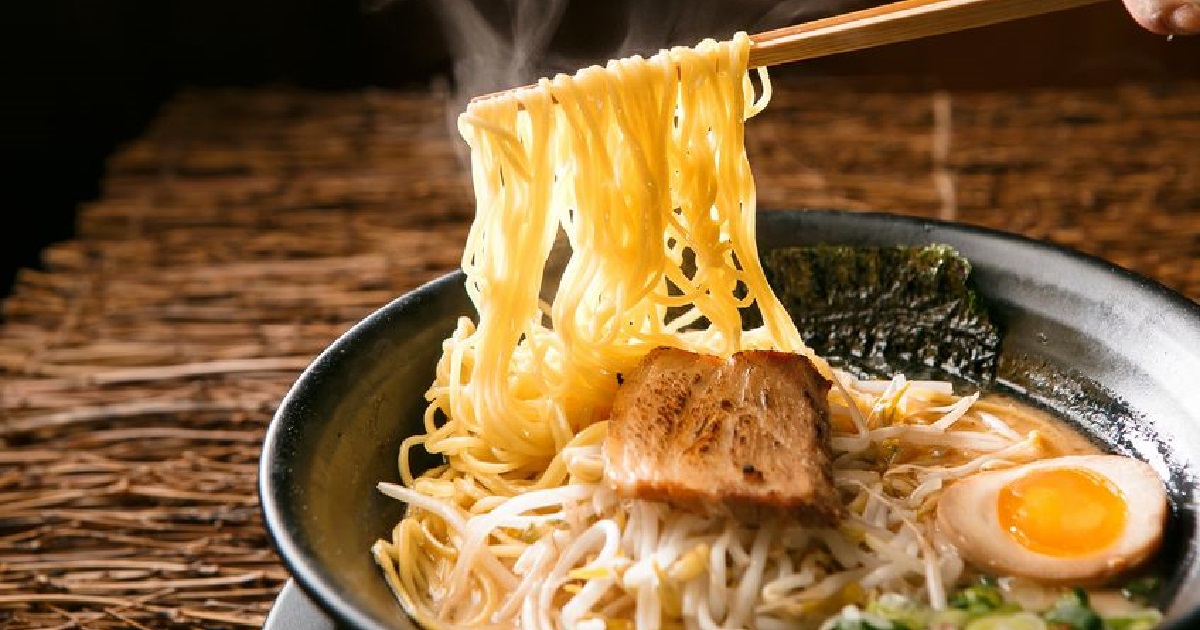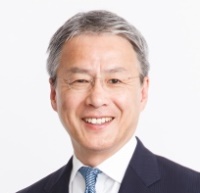
by Noriyuki Morimoto
The ramen industry has established a firm position in Japanese food culture and is thriving. Its development has been supported by intense competition.
Through the principle of survival competition, stores that win the competition and support of customers prosper, while others are weeded out. Through the overflow of entrepreneurial spirit that immediately fills the void to open new stores, the quality of ramen improves while prices remain reasonable, which drives the growth of the ramen industry. Ramen looks like the honor student in capitalism.
It is difficult to invest in a ramen business. The business does not require large facilities, large inventories, or large numbers of staff to open, so financing is either not necessary or kept minimal. It is also extremely difficult for banks and other financial institutions to consider them as loan projects because the probability of failing is too high.
Essentially, the ramen industry is a pre-capitalist industry rather than a capitalist one, because it can be established without relying on a financial function and with minimal equity capital. This structure encourages vigorous new entrants, and competition is fierce because the barriers to entry are low.
In the ramen industry, the human capital of the chefs is the deciding factor. The venture spirit seen in the active entrepreneurial landscape is the same as what brought about the rise of capitalism. When capital is provided to this spirit, and system is developed to amplify human capital many times over, the capitalization of ramen would be established.
When businesses aspire to robotize the ramen chef’s skills, when large amounts of capital become needed to invest in the development and production of robotic technology, and when the stage of competition shifts from craftsmanship to robot technology, the ramen industry will join the ranks of capitalism, where the invested capital would bring economies of scale and an industrial structure that allows capital to multiply.
The problem is that no one wants to eat ramen noodles made by robots.
[Category /Deconstruction of Finance]

Chief Executive Officer, HC Asset Management Co.,Ltd. Noriyuki Morimoto founded HC Asset Management in November 2002. As a pioneer investment consultant in Japan, he established the investment consulting business of Watson Wyatt K.K. (now Willis Towers Watson) in 1990.

